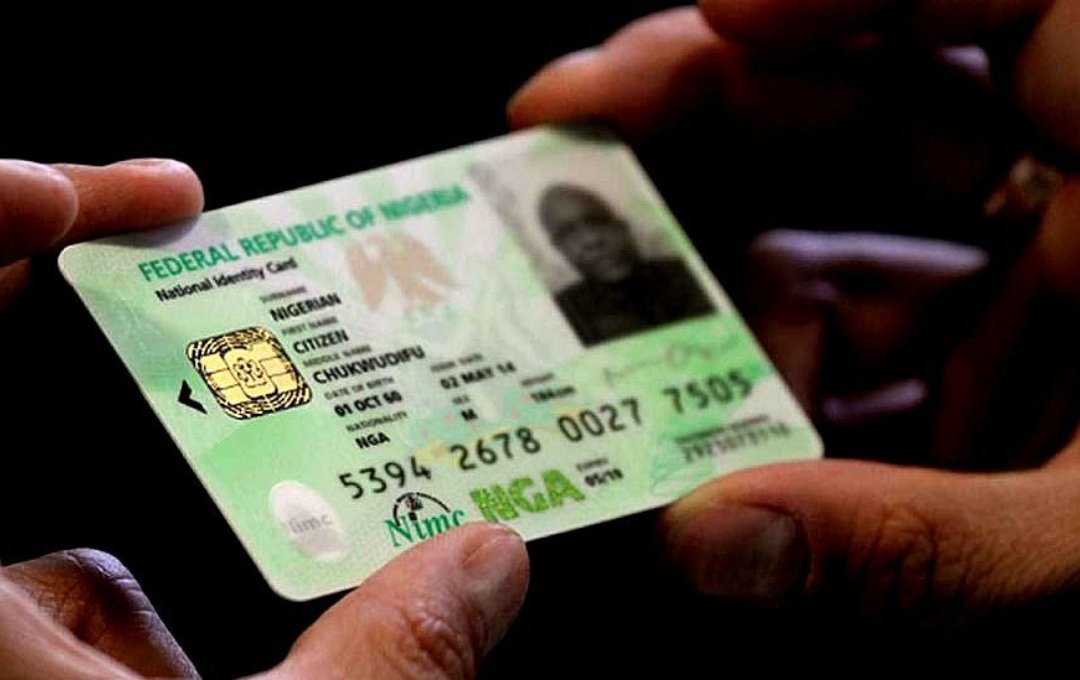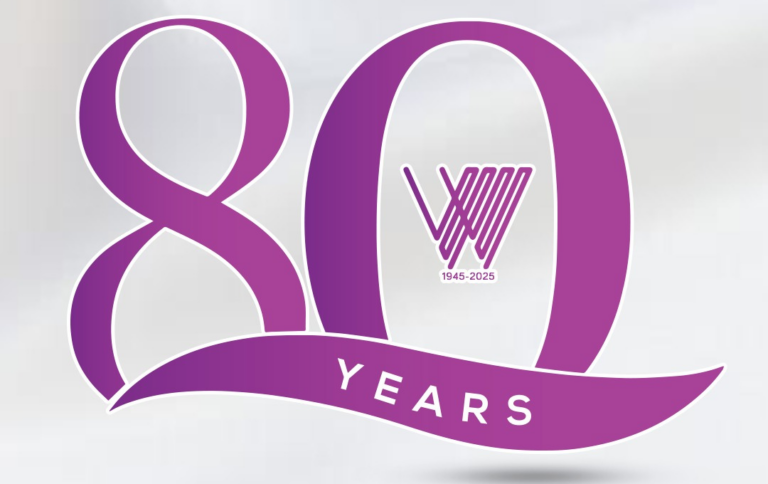How Important is a NIN Code in Nigeria?

NIN code – The National Identification Number (NIN) is a crucial aspect of identity verification in Nigeria, serving as a unique identifier for citizens and legal residents. This 11-digit number is issued by the National Identity Management Commission (NIMC) and is essential for accessing various services, from banking to government programs.
What is NIN Code?
The NIN code, or National Identification Number, is an essential tool for establishing identity in Nigeria. It ties together an individual’s records in the National Identity Database, ensuring that each person has a unique identifier that cannot be reassigned, even posthumously.
Read: Code to Check NIN: Check your NIN Easily
Importance of NIN Code
The National Identification Number (NIN) code is essential for identity verification in Nigeria, linking personal data to a unique identifier.
The NIN code is crucial for various services, including banking, healthcare, and government transactions. It helps reduce fraud by ensuring accurate identity verification, which is vital for accessing services like passports, voter registration, and insurance.
NIN Code and National Security
Linking the NIN code to mobile numbers enhances national security by allowing authorities to track criminal activities. This linkage aids in monitoring transactions and movements, contributing to a safer society.
NIN Code for Economic Development
The NIN code fosters economic growth by streamlining processes in both public and private sectors. It enables efficient service delivery, reducing time and errors in transactions, thus supporting Nigeria’s digital economy.
How to Obtain Your NIN Code
To obtain your National Identification Number (NIN) code in Nigeria, follow these steps:
1. Visit the NIMC Pre-Enrolment Portal: Start by accessing the NIMC pre-enrolment portal online.
2. Fill Out the Pre-Enrolment Form: Complete the required form with your personal details.
3. Download and Print the Form: After filling it out, download and print the form, which includes a 2D barcode.
4. Go to an Enrollment Center: Take the printed form and necessary documents (like your BVN, voter’s card, or birth certificate) to a nearby NIMC enrollment center.
5. Verification and Biometrics: An enrollment officer will verify your documents, and you will then capture your biometrics.
6. Receive Your NIN Code: After processing, you will receive your NIN code, typically within two to three working days, although it may take longer in some cases.
How to Check Your NIN Code
You can easily check your NIN code using a mobile phone. By dialing *346# and following the prompts, users can retrieve their NIN. This service is available across major networks like MTN, Glo, Airtel, and 9mobile, streamlining the process for users.
How to Link NIN Code to Mobile Numbers
To link your National Identification Number (NIN) code to your mobile number in Nigeria, follow these steps:
Dial the Appropriate USSD Code
- For MTN, dial *785# and follow the prompts to enter your NIN.
- For Airtel, dial *121*1# and enter your NIN.
- For Glo, dial *109# or send “UPDATENIN, your NIN, first name, last name” to 109.
- For 9mobile, dial *996# and enter your NIN.
Use the Network’s Website
- Visit the official website of your network provider and look for the NIN linking section.
- Enter your phone number, NIN, and any other required details.
- Follow the on-screen instructions to complete the process.
Download the Network’s Mobile App
- Install your network’s official mobile app (e.g., MyMTN, MyAirtel, GloApp, 9mobile).
- Log in and navigate to the NIN linking section.
- Enter your NIN and submit.
Retrieve Your NIN if Needed
- If you don’t remember your NIN, dial 346# on any of your registered numbers.
- Select the NIN retrieval option and follow the prompts to receive your NIN via SMS.
After successfully linking your NIN, you will receive a confirmation message from your network provider. This process ensures compliance with the NCC directive and allows you to continue using your mobile services without interruption.
NIN Code and Digital Transactions
The integration of the National Identification Number (NIN) code into digital transactions in Nigeria represents a significant advancement in identity verification and data security.
The NIN code is crucial for ensuring secure digital transactions, allowing individuals to verify their identities without exposing their actual NIN. This is achieved through a process called NIN tokenization, which generates a secure representation of the NIN for use in various transactions.
Tokenization Benefits
1. Data Privacy: Tokenization protects personal information by using encrypted codes instead of the actual NIN during transactions, reducing the risk of data breaches and unauthorized access.
2. Virtual NIN: The NIMC’s Mobile ID app allows users to generate a Virtual NIN (VNIN), a 16-digit alphanumeric token that is valid for a limited time. This ensures that the actual NIN is not retained by third parties, enhancing user privacy.
3. Secure Verification: When engaging with service providers, users can present their VNIN for verification. The service provider can authenticate the VNIN with NIMC, ensuring that the user’s identity is verified without compromising their personal data.
Implementation Across Platforms
The tokenization system is designed to be integrated across various platforms, including banking, telecommunications, and e-commerce. This ensures that identity verification is seamless and secure, fostering trust in digital transactions.
Challenges with NIN Code
The implementation of the National Identification Number (NIN) code in Nigeria has faced several challenges that affect its effectiveness and accessibility.
Low Registration Rates
Despite efforts to increase awareness, many Nigerians have not registered for their NIN. As of recent reports, millions remain unregistered, hindering the government’s goal of comprehensive identity management.
Technical Issues
Users frequently encounter technical problems when linking their NIN to mobile numbers, leading to frustration and delays. Issues such as SIM barring for unlinked numbers have caused significant disruptions, affecting communication for millions.
Bureaucratic Hurdles
The process of obtaining and linking the NIN can be cumbersome. Long wait times at enrollment centers and the need for multiple visits to validate or retrieve NINs contribute to public dissatisfaction.
Data Privacy Concerns
While the NIN aims to enhance identity verification, concerns about data privacy and security persist. The potential for misuse of personal data during verification processes raises alarms among citizens.
Inconsistent Regulations
The enforcement of NIN linking regulations has been inconsistent, causing confusion among mobile users. Different telecom operators have varying procedures, which can complicate the linking process.
The Future of NIN Code in Nigeria
The National Identification Number (NIN) code in Nigeria is poised for continued evolution and integration as the country advances its digital identity framework.
Streamlined Registration Process
To address challenges like long wait times at enrollment centers, the NIMC is exploring ways to simplify the registration process. This may include online pre-enrollment and appointment scheduling, reducing the need for multiple visits.
Enhanced Mobile Integration
The NIMC Mobile ID app, which allows users to generate Virtual NINs (VNINs), is expected to play a larger role in the future. Enhancements may include biometric authentication and integration with more service providers for seamless identity verification.
Expanded Use Cases
As the NIN code becomes more widely adopted, its applications are likely to expand beyond the current focus on banking, telecommunications, and government services. Integration with healthcare systems, education institutions, and e-commerce platforms could provide a more comprehensive digital identity ecosystem.
Improved Data Privacy
The introduction of NIN tokenization, which generates secure VNINs for transactions, demonstrates a commitment to data privacy. Continued refinement of this technology and clear guidelines for data usage will be crucial as the NIN code becomes more deeply embedded in various sectors.
Conclusion
While challenges remain, the future of the NIN code in Nigeria is promising. With ongoing improvements to the registration process, mobile integration, and data privacy measures, the NIN code is poised to play an increasingly vital role in the country’s digital transformation and economic development.






